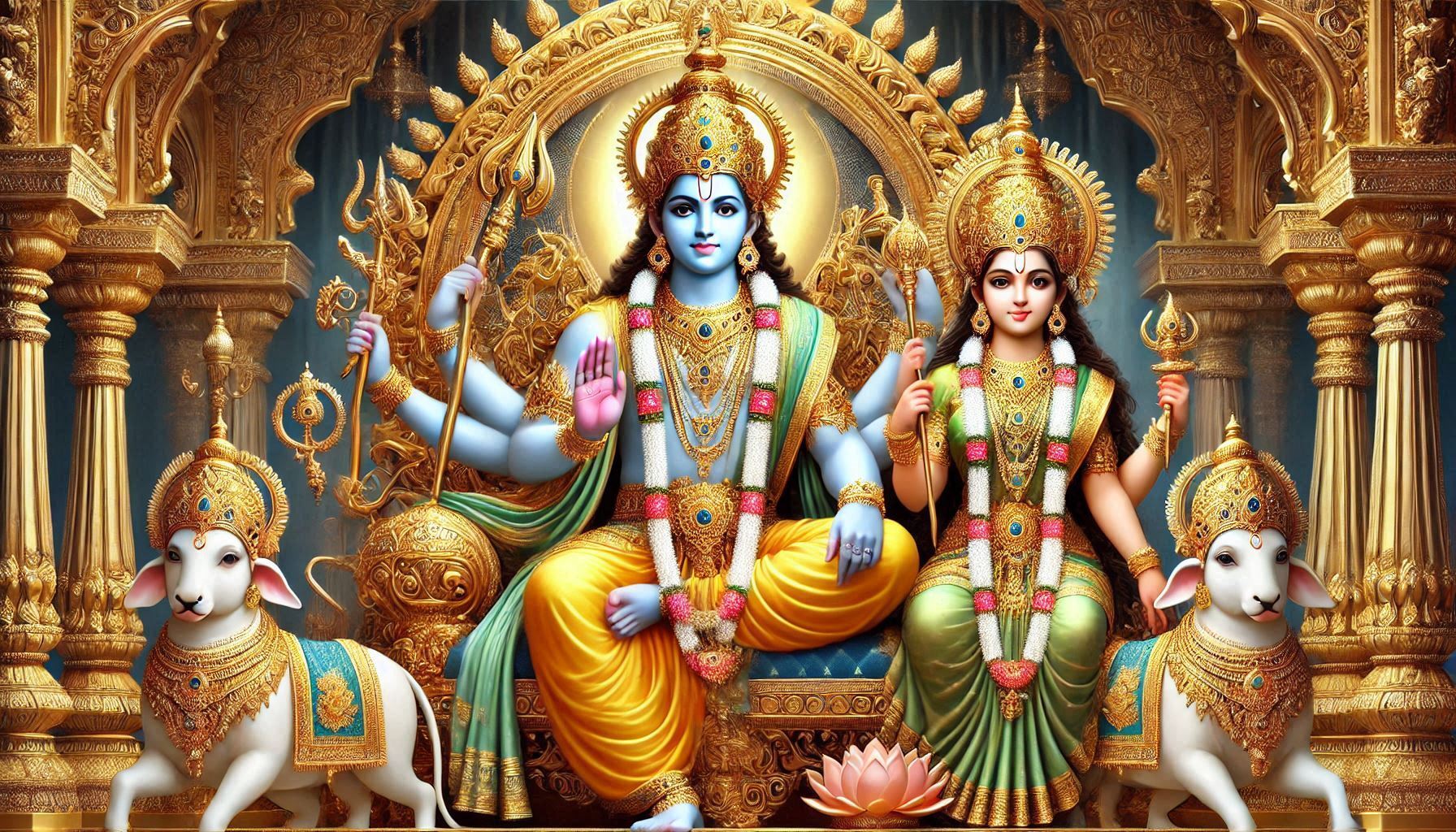
A total of 24 Ekadashi fasts are observed throughout the year, all dedicated to Lord Vishnu. This fast is observed on the Ekadashi date of both the Shukla and Krishna Paksha (waxing and waning moon) every month, which occurs twice a month.
Importance and Date of Saphala Ekadashi
According to the Panchang, Saphala Ekadashi fast is observed on the Ekadashi of the Krishna Paksha of the Pausha month. This year, Saphala Ekadashi will be celebrated on December 26, 2024. Worshiping Lord Vishnu, the preserver of the universe, on this day helps the devotee achieve success in all their endeavors.
According to religious beliefs, observing the Saphala Ekadashi fast helps in completing long-pending tasks and brings success to the devotee. This fast provides an opportunity to receive the special blessings of Lord Vishnu and Goddess Lakshmi. The name “Saphala” signifies the achievement of success, symbolizing the accomplishment of desires.
Pooja Method of Saphala Ekadashi
- On the day of Saphala Ekadashi, take a bath in the morning and wear clean clothes.
- Place an idol or image of Lord Vishnu on a platform.
- Offer yellow flowers, fruits, incense, light, and sandalwood to Lord Vishnu.
- Offer Panchamrit prepared from milk, curd, ghee, honey, and sugar.
- Add a Tulsi leaf in the Panchamrit.
- Chant Vishnu's mantras and recite the Ekadashi Vrat Katha.
- Finally, perform the Aarti of Lord Vishnu and seek forgiveness for any mistakes made during the puja.
Religious Significance of Saphala Ekadashi
Observing the Saphala Ekadashi fast helps in the eradication of all sins and leads to Moksha (liberation). This fast is an opportunity to receive the immense blessings of Lord Vishnu. By observing the fast with devotion and purity, one experiences peace, prosperity, and happiness in life.
According to religious texts, the merit of all religious activities performed on Saphala Ekadashi is manifold. Therefore, acts like charity, virtuous deeds, and singing devotional hymns hold special significance on this day.
The Auspicious Story of Saphala Ekadashi
Once, in a city called Champavati, which was previously the capital of King Mahishmat, there lived five sons of the royal sage Mahishmat. Among them, the eldest son had very bad conduct. He was inclined towards sinful acts, addicted to womanizing, and used his father's wealth for immoral purposes. He was constantly indulged in misdeeds and criticized Brahmins, Vaishnavas, and even the deities. Seeing this, King Mahishmat named him Lumbak and eventually banished him from the kingdom.
Lumbak left the city and went to the forest, where he looted the town's wealth. One day, when he came to the town to steal, the night watchman caught him. However, when Lumbak revealed his identity as the son of King Mahishmat, the guards let him go. He returned to the forest, where he lived by eating meat and fruits from the trees. His resting place was under a very old Peepal tree, which was revered as a great deity in that forest.
One day, due to the influence of some accumulated good deeds, Lumbak observed the Ekadashi fast. On the 10th day of the Krishna Paksha in the Pausha month, he ate fruits from the trees and, being without proper clothing, suffered the cold throughout the night. He stayed awake all night, and by the time the sun rose, he was in a very poor condition. However, by afternoon, he regained his senses. Seeing the sun setting, he gathered more fruits from the tree's roots and prayed to Lord Vishnu, offering them as a tribute, asking for His blessings. He continued fasting and stayed awake throughout the night, unknowingly observing the fast.
Then, a divine voice from the sky proclaimed, “Prince, by the merit of this Saphala Ekadashi fast, you will gain a kingdom and progeny.”
Hearing this blessing, Lumbak accepted the divine words, and his form became divine. His intellect became absorbed in the devotion of Lord Vishnu. He was adorned with divine ornaments and acquired a prosperous kingdom, which he ruled for fifteen years. By the grace of Lord Krishna, a beautiful son named Manoj was born to him. When Manoj grew up, Lumbak renounced his kingdom, passed it on to his son, and went to Lord Krishna, where no one ever experiences sorrow.
King! Thus, anyone who observes the Saphala Ekadashi fast, experiences happiness in this world and attains Moksha after death. Such people are truly blessed, as their birth fulfills its purpose. Maharaj! By reading, listening to, and following the teachings of this story, one attains the fruits of a Rajasuya Yajna.
Conclusion
The Saphala Ekadashi fast is a sacred day to worship Lord Vishnu and receive His blessings. The devotion and fasting on this day lead to the advancement and prosperity of a devotee's life. Saphala Ekadashi is not only religiously significant but also purifies the mind and soul, leading to success, peace, and happiness in life. It should be observed with true devotion and reverence so that one may experience success and serenity through the blessings of Lord Vishnu.
















